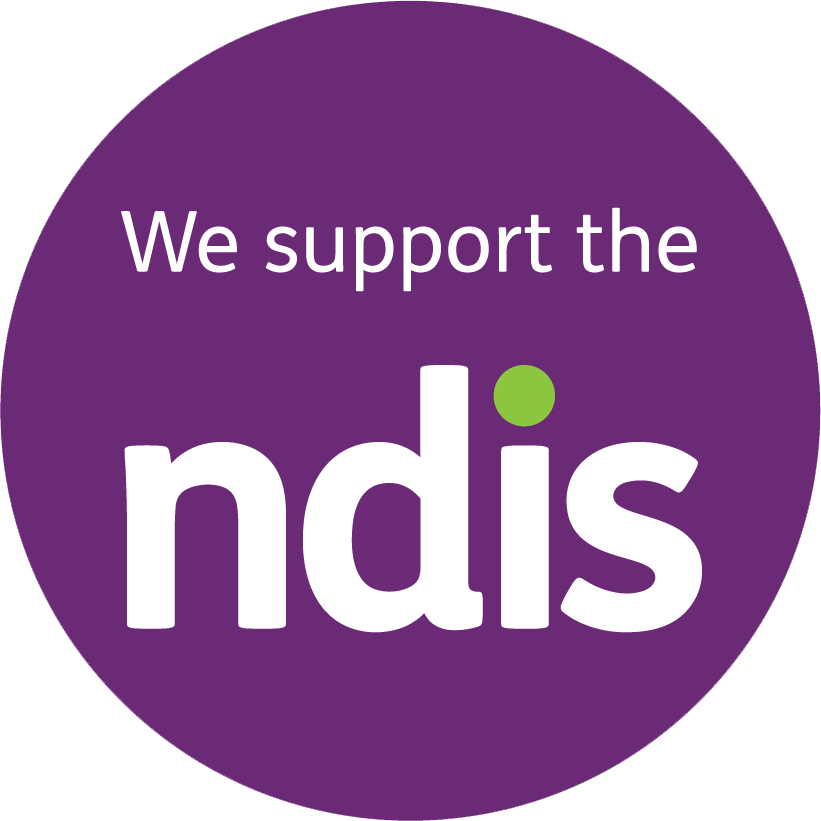A bad night’s sleep can make you feel grumpy, groggy and exhausted; but for people with diabetes, missing sleep may have even more serious effects.
About 40-50% of people with diabetes complain of poor sleep. Not getting enough sleep has been shown to have a detrimental effect on blood glucose levels and is in itself associated with an increased risk of developing type 2 diabetes.
The quality of one’s sleep can play a major role in blood glucose levels. Studies have shown that just one night of restlessness or substandard sleep for people with diabetes can lead to higher blood glucose levels the next day. Even in the general population poor sleep can increase insulin resistance and a put you at a higher risk of type 2 diabetes.
Issues with sleep are more prevalent in people with diabetes. People may get up to urinate multiple times overnight due to high blood glucose levels or be woken by symptoms of hypoglycaemia (a “low”). Occasionally night-time blood glucose checks may also be needed and can disrupt sleep. Additionally two out of three people with type 2 diabetes suffer from obstructive sleep apnoea; a sleep disorder where people intermittently stop and start breathing while they are asleep.
What effect does this lack of shut-eye have on our bodies?
- Brain Fog – our brain cannot work effectively after a poor night’s sleep so you will have trouble focussing the next day. Additionally you can also have higher blood glucose levels than you would typically after a good-quality sleep.
- Hormone Shifts – insufficient sleep is interpreted by our bodies as a stressful situation and activates the sympathetic nervous system, causing the release of stress hormones. Poor sleep also reduces insulin sensitivity and reduces insulin release resulting in elevated blood glucose levels.
- Oxygen Gaps – the beta cells in the pancreas that produce insulin are very sensitive to oxygen levels, so when someone stops breathing repeatedly overnight due to sleep apnoea this impacts on the beta cell’s ability to produce insulin, again leading to higher blood glucose levels the next day
- Hunger High – Your ability to make good food choices can be compromised when you are tired. We have a tendency to eat more food, particularly high carbohydrate, high fat junk food following a night of poor sleep. Sleep apnoea in particular is known to impact the hormones that regulate appetite. It can cause you to feel hungrier and weaken the signal that lets you know when you are full.Treating sleep apnoea can bring about significant improvements in your overall health. Studies have shown that the more severe your sleep apnoea the worse your glycaemic control. So anything you can do to lessen the severity of your sleep apnoea, e.g. using a CPAP (continuous positive airway pressure) machine if recommended and losing weight; will help to control your diabetes.
Sleep tips for a better night’s sleep:
- Follow a routine (even on weekends!) – Our bodies naturally follow biological rhythms which when disrupted can lead to poor sleep. Try to keep regular sleep habits, go to bed at the same time every night and aim to wake up at the same time every morning.
- Exercise earlier in the day – people who are physically active sleep better, however activity just before bedtime can keep you awake, so try to exercise in the morning or early afternoon/evening.
- Avoid stimulants – drinking caffeine, exercising, smoking, doing housework or working too close to bedtime can all make it more difficult to wind down and fall asleep. Implement a relaxing routine before bed such as a shower or reading a book for 30mins to help you relax.
- No alcohol before bed – a glass of wine might seem relaxing and might help you fall asleep but you will have difficulty staying asleep if you have it too close to retiring.
- Turn off the light and devices – avoid using electronic devices and dim bright lights for 30mins prior to going to bed, as light tells our bodies that it is day.
- Provide a disruption-free sleep-friendly environment – make your room dark, quiet, relaxing and clean, ensure that is not too hot or too cold as all of these promote sleep. If your pet keeps you awake or wakes you during the night now is the time to kick them out!Sleep well and remember if you or a partner snores excessively or stops breathing during sleep be sure to mention it to your doctor for investigation.
Shona Garlick
Credentialed Diabetes Educator
360 Health + Community




